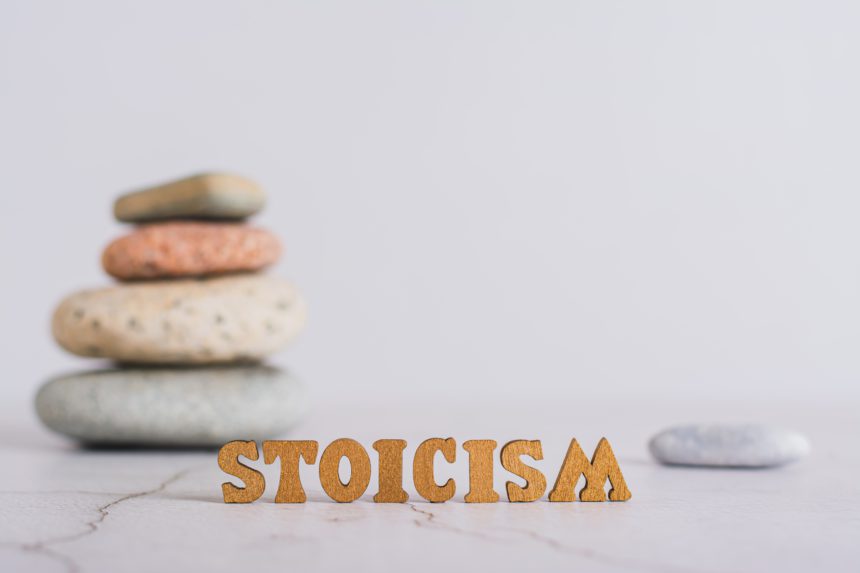Introduction to Stoicism
Stoicism, an ancient Greek philosophy founded in Athens by Zeno of Citium in the early 3rd century BC, emphasizes the development of self-control and fortitude as a means to overcome destructive emotions. It teaches that virtue, understood as wisdom, is the highest good and that we should focus on what we can control while accepting what we cannot. In a world filled with challenges and uncertainties, the principles of Stoicism can serve as a powerful framework for developing resilience and effectively facing life’s adversities.
The Core Principles of Stoicism
At the heart of Stoicism are several key principles that can help individuals cultivate resilience:
- Dichotomy of Control: Understanding what is within our control and what is not.
- Acceptance: Embracing reality as it is, rather than how we wish it to be.
- Virtue as the Highest Good: Focusing on moral integrity and character over external success.
- Mindfulness: Practicing awareness of our thoughts and emotions to respond rather than react.
Building Resilience Through the Dichotomy of Control
The Dichotomy of Control is a fundamental Stoic concept that encourages individuals to distinguish between what they can change and what they cannot. This principle is particularly useful in stressful situations. For instance, during a job loss, one can control their response, attitude, and efforts to find new employment, but they cannot control the decision made by their employer.
By focusing on controllable aspects, individuals can reduce anxiety and frustration. A study published in the Journal of Happiness Studies found that individuals who practiced this principle reported higher levels of life satisfaction and lower levels of stress.
Acceptance: The Key to Emotional Resilience
Acceptance is another cornerstone of Stoicism. It involves acknowledging the reality of a situation without resistance. This does not mean passivity; rather, it is about recognizing the facts and then deciding how to respond. For example, Viktor Frankl, a Holocaust survivor and psychiatrist, illustrated this principle in his book Man’s Search for Meaning. He emphasized that while we cannot control our circumstances, we can control our attitudes toward them.
Research indicates that acceptance can lead to better mental health outcomes. A study in the Journal of Clinical Psychology found that individuals who practiced acceptance strategies reported lower levels of anxiety and depression.
Virtue as the Guiding Principle
Stoicism teaches that virtue is the highest good. This means that our actions should be guided by moral integrity rather than the pursuit of external rewards. When faced with challenges, focusing on what is right can provide a sense of purpose and direction. For instance, during a crisis, leaders who prioritize ethical decision-making often inspire greater trust and loyalty among their teams.
Case studies from organizations that prioritize ethical leadership show that such an approach can lead to increased employee engagement and resilience during tough times. According to a report by the Harvard Business Review, companies with strong ethical cultures are more likely to weather economic downturns successfully.
Mindfulness: The Stoic Practice of Self-Awareness
Mindfulness, or the practice of being present and aware of one’s thoughts and feelings, is a vital aspect of Stoicism. By cultivating mindfulness, individuals can better manage their emotional responses to challenges. This practice allows for a more measured response rather than a knee-jerk reaction.
Research from the American Psychological Association shows that mindfulness can significantly reduce stress and improve emotional regulation. Techniques such as meditation, journaling, and reflective thinking can help individuals develop this skill.
Conclusion: Embracing Stoicism for Resilience
In conclusion, the principles of Stoicism offer valuable tools for developing resilience in the face of life’s challenges. By understanding the Dichotomy of Control, practicing acceptance, prioritizing virtue, and cultivating mindfulness, individuals can navigate adversity with greater strength and clarity. As we face an increasingly complex world, embracing these Stoic principles can empower us to respond to challenges with grace and fortitude.
Ultimately, resilience is not just about enduring hardship; it is about thriving in spite of it. By integrating Stoic philosophy into our daily lives, we can foster a mindset that not only withstands challenges but also grows stronger through them.
